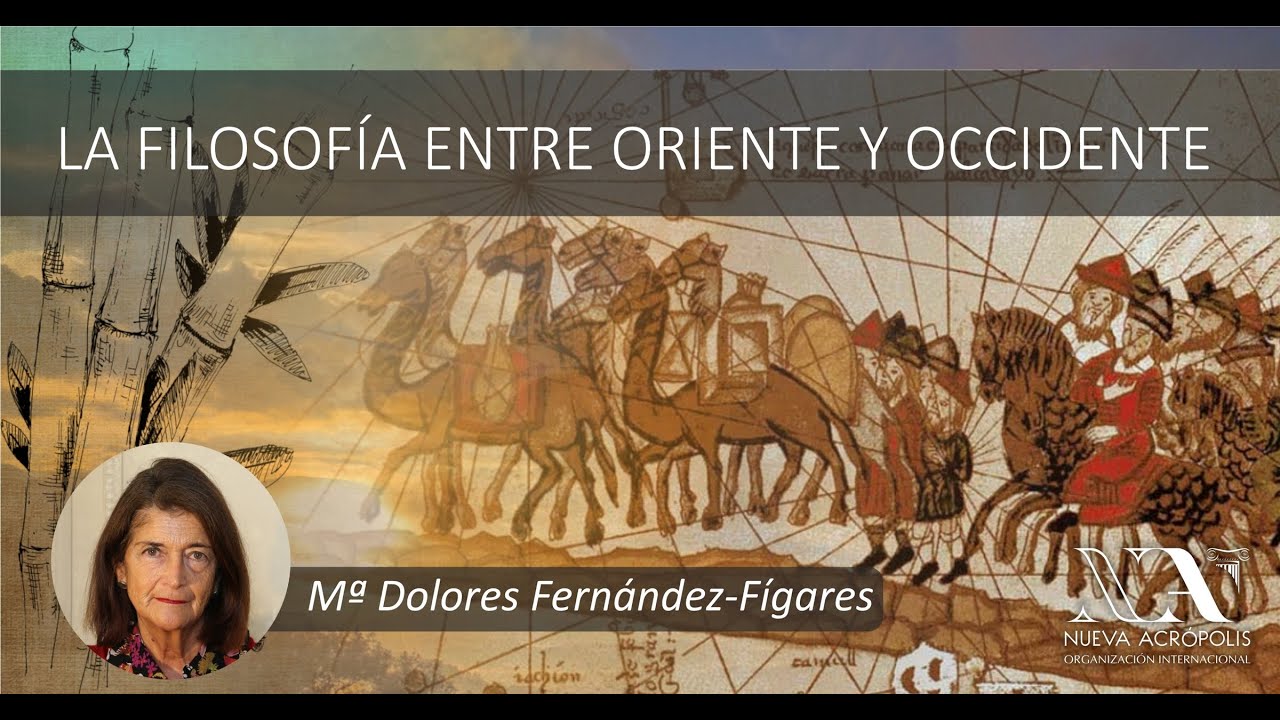Relevance of Philosophy to Education (Philosophy of Education Part 1, Section 16)
Summary
TLDRThe video explores the deep connection between philosophy and educational practice, highlighting how historical waves of philosophical thought and political influences have shaped American education. Modern education is portrayed as a complex mix of sometimes complementary, sometimes conflicting practices. Understanding various educational philosophies equips teachers to make informed choices, communicate effectively, and navigate the diverse social landscape of students, colleagues, parents, and policymakers. Citing thinkers like Pico della Mirandola, the speaker emphasizes the importance of comprehending multiple philosophies before committing to one. Ultimately, education is framed as both a personal and social endeavor requiring thoughtful engagement and dialogue.
Takeaways
- 📚 Teachers integrate philosophical thinking into their professional practice, influencing classroom decisions.
- 🏛️ Education has been professionalized over the 20th century, with undergraduate and graduate programs shaping teacher perspectives.
- 🌊 Successive waves of educational philosophies influenced teacher training and the implementation of reforms over time.
- 🏛️ Political influence became stronger in education during the 20th century, with top-down initiatives shaping practice.
- 🌀 By the end of the 20th century, American education lacked a single coherent philosophy, resulting in a mix of theories and practices.
- 💡 Understanding the philosophical roots of educational practices helps teachers make informed decisions and clarify why certain approaches exist.
- 🔍 Familiarity with all major educational philosophies enables teachers to make their own informed commitments, reflecting Pico della Mirandola’s view.
- 🤝 Education is a social process involving interactions with students, teachers, parents, and policymakers.
- 🗣️ Effective communication and collaboration in education require understanding diverse philosophical perspectives, even when opinions differ.
- 🎯 Knowledge of philosophy in education equips teachers to strategically improve the system and better serve future generations.
Q & A
How have teachers' philosophical practices influenced classroom teaching?
-Teachers who engage strategically with philosophical ideas incorporate these practices into their classrooms, shaping the methods, priorities, and approaches they use with students.
What role has the professionalization of education played in shaping philosophical trends?
-The development of undergraduate and graduate education programs in the 20th century helped transmit successive waves of philosophical trends, creating generations of educators committed to different educational philosophies.
How has political influence impacted the philosophy of education in the United States?
-Political initiatives, particularly at the state and federal levels, imposed top-down philosophical changes on education, often aiming to implement specific educational reforms or agendas.
Why does the speaker suggest that American education lacks a coherent philosophy?
-By the end of the 20th century, American education reflected a mix of diverse educational theories, political philosophies, and individual teacher commitments, resulting in a system without a unified philosophical framework.
What is the practical value of understanding different educational philosophies for teachers?
-Understanding different philosophies helps teachers recognize the origins of specific educational practices, make informed decisions, and strategically implement methods that align with their own professional values.
Which philosophical traditions does the speaker mention as influencing educational practices?
-The speaker mentions pragmatism, idealism, and postmodernism as examples of philosophical traditions that have shaped educational practices.
What does Pico della Mirandola’s quote convey about studying philosophy in education?
-It emphasizes the importance of becoming familiar with all major philosophies before committing to any one approach, ensuring that educators make informed and thoughtful decisions.
How is education described as a social process in the lecture?
-Education is social because it involves interactions among students, teachers, parents, and policymakers, requiring engagement, collaboration, and mutual understanding.
Why is it important for educators to understand the philosophical context of others?
-Understanding the philosophical context of colleagues, students, and policymakers enables educators to communicate effectively, navigate disagreements, and participate in productive discussions about educational reforms.
What are the key goals of the course discussed in the lecture?
-The course aims to help educators understand different educational philosophies, form their own informed philosophical commitments, recognize the philosophical origins of practices, and engage constructively in the social and professional context of education.
How can knowledge of educational philosophy contribute to improving the system?
-By understanding the philosophical foundations of educational practices, teachers and policymakers can make strategic decisions, reconcile conflicting approaches, and implement reforms that enhance teaching and learning outcomes.
Outlines

このセクションは有料ユーザー限定です。 アクセスするには、アップグレードをお願いします。
今すぐアップグレードMindmap

このセクションは有料ユーザー限定です。 アクセスするには、アップグレードをお願いします。
今すぐアップグレードKeywords

このセクションは有料ユーザー限定です。 アクセスするには、アップグレードをお願いします。
今すぐアップグレードHighlights

このセクションは有料ユーザー限定です。 アクセスするには、アップグレードをお願いします。
今すぐアップグレードTranscripts

このセクションは有料ユーザー限定です。 アクセスするには、アップグレードをお願いします。
今すぐアップグレード関連動画をさらに表示
5.0 / 5 (0 votes)






